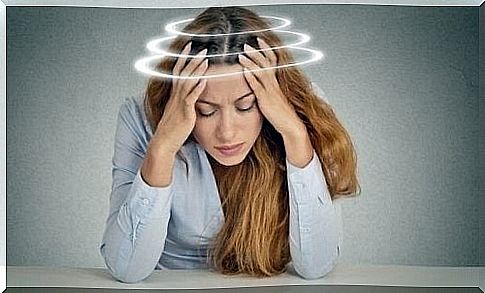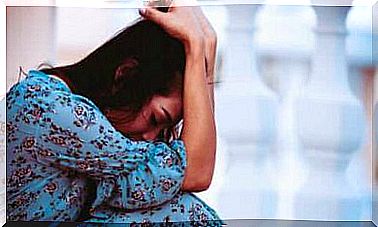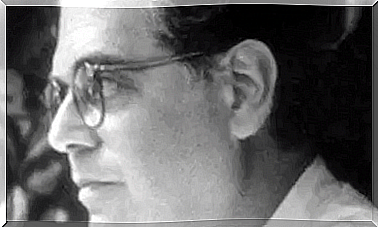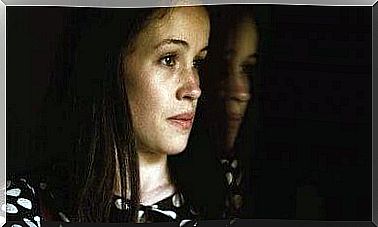Anxiety Causes Frequent Dizziness: How To Solve This Problem?

Anxiety, among its many symptoms, has been found to cause dizziness. These are especially disturbing: the person may feel like they have no control over their body, that weakness is taking hold of them and that they might pass out at any time.
Anxiety is one of the most common problems. And it has very few borders. Anguish has become the constant companion of many people. Beyond all the emotional discomfort it causes, all the physical weight it creates is also of concern.
It causes dizziness which very often is accompanied by nausea and vomiting. It also hinders the proper functioning of the digestive system. Not to mention its influence on the respiratory and blood systems. The problem is, we don’t always realize that these inconveniences are the result of anxiety and not of illness. We are therefore wrong in terms of the measures to be taken to resolve them.

Characteristics of vertigo arising from anxiety
Before we get to why anxiety causes dizziness, let’s first define this concept. We give the name of vertigo to a complex state that makes us feel like we are on waves. This means that we have the impression of being on a moving surface. Like a little boat in the sea.
This feeling of dizziness includes a sudden sensation of spinning, as if we are losing our balance. It is as if our consciousness is confused. We are in a sort of unreal world. We are not fully present but are like in a kind of dream.
All of this is usually accompanied by a perception of weakness in the muscles. Very often, we also find blurred vision, slowness in our thoughts and a feeling of general ill-being. Dizziness can lead to fainting.
Anxiety causes dizziness
Remember that anxiety is a mental state that manifests itself physiologically as well. It is a reaction that appears when we feel we are in danger. Or when we feel like we may be in a crisis. Such a reaction appears without this danger or this threat really existing. Regardless, we think it’s real.
In general, anxiety attacks in today’s world take place because we are faced with stressful demands. The person cannot give everything that is asked of him.
It is required to adjust to conditions or parameters that compromise its ability to respond or are far too high. The person feels overwhelmed by anxiety. She wants to do what is asked of her and, for that, she has to make a huge effort. And that’s where the anxiety arises.
Sometimes, dizziness indicates that the anxiety is present and active. They appear after a relatively long period of time, during which we have been exposed to stressful situations. Usually, they appear suddenly, without warning. And they are not necessarily related to a current stressful event.
Identify and solve this problem
The difficulty of all this is that dizziness is a symptom of different diseases. It is therefore complicated to identify anxiety. How do you know if it is causing dizziness or if some other factor is responsible?
Dizziness of nervous origin has a few characteristics that make it possible to identify it. Normally, the first thing that appears is a feeling of muscle tension. The rate of respiration and circulation increases markedly.
As a result, the body demands more oxygen. If this physiological problem lasts, the body quickly weakens. Muscles lose strength, the brain slows down and dizziness occurs.
Therefore, when these states of great muscle tension and restlessness arise for no apparent reason, it is a sign of vertigo from anxiety. The best way to prevent or manage this type of discomfort is to control your breathing. It is very useful to use diaphragmatic breathing.
Likewise, it is good to work your thoughts to dispel this tendency to define every situation in catastrophic terms. Anxiety causes dizziness when it is very high. If you have suffered from it before or are still suffering from it, do not hesitate to read the article which follows.










